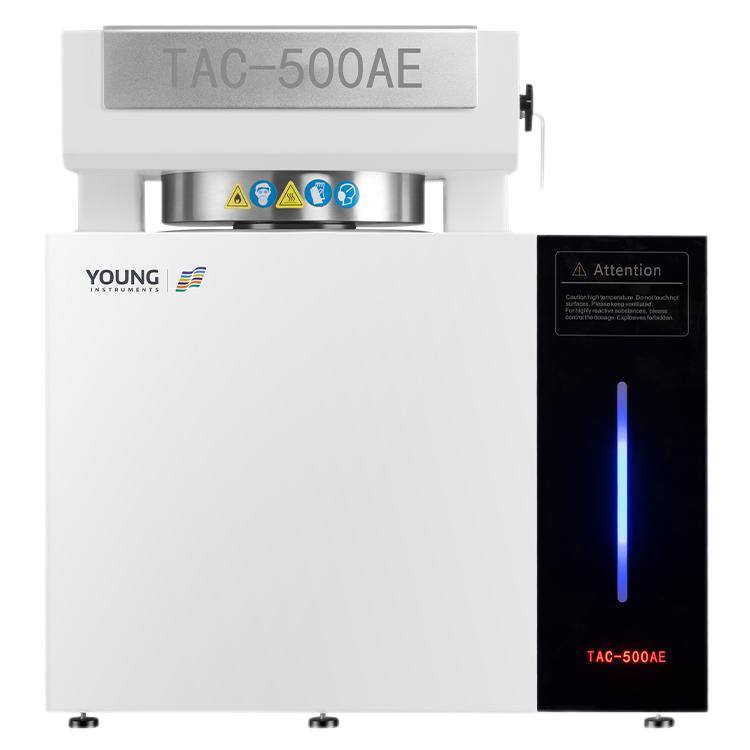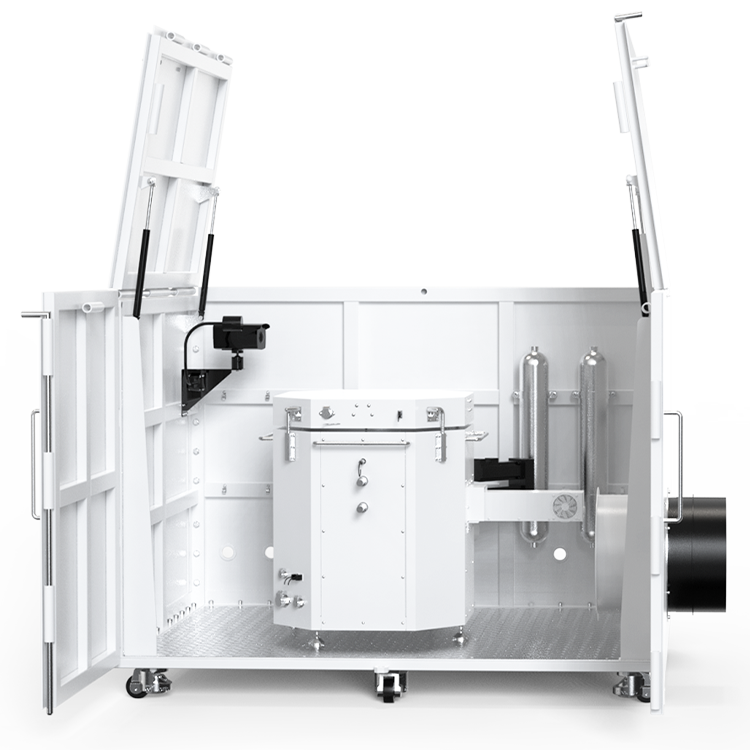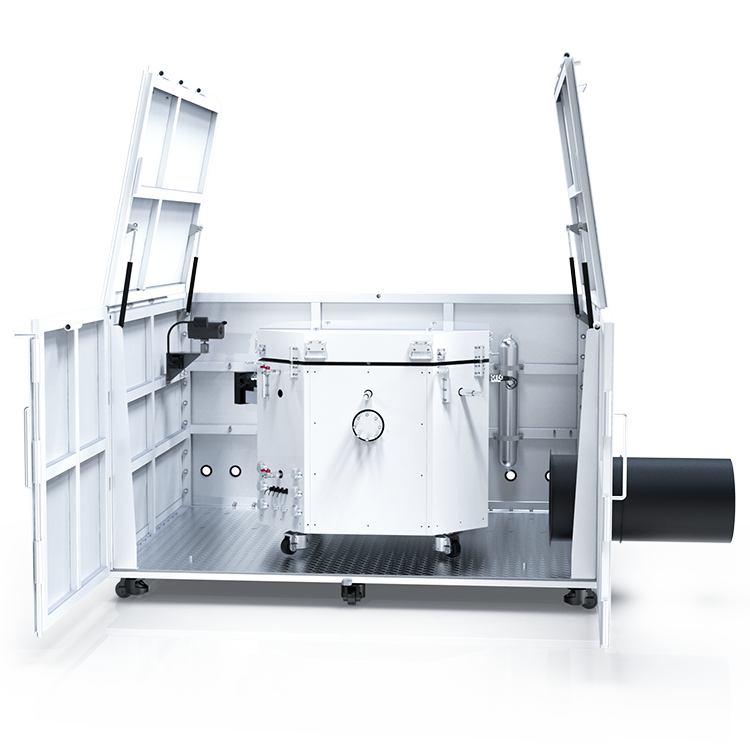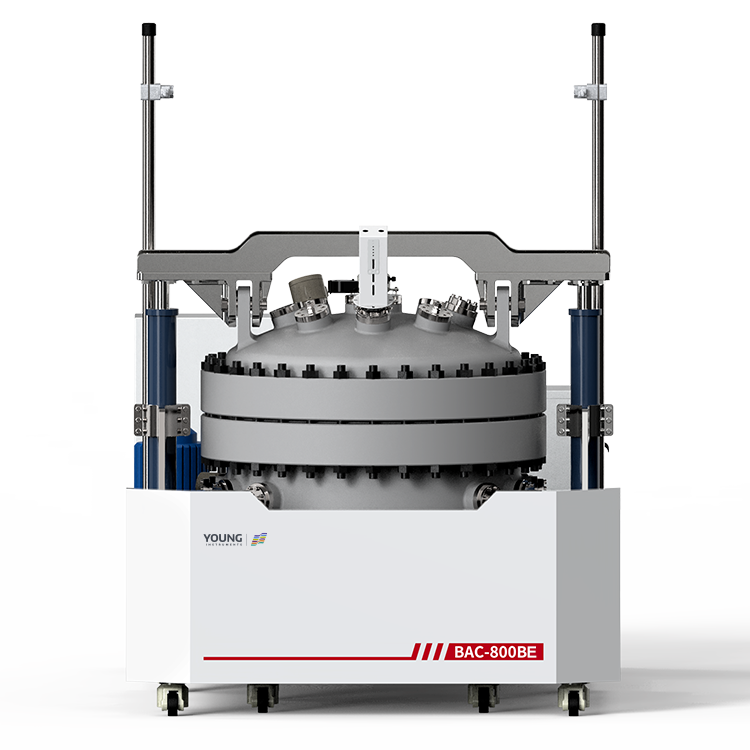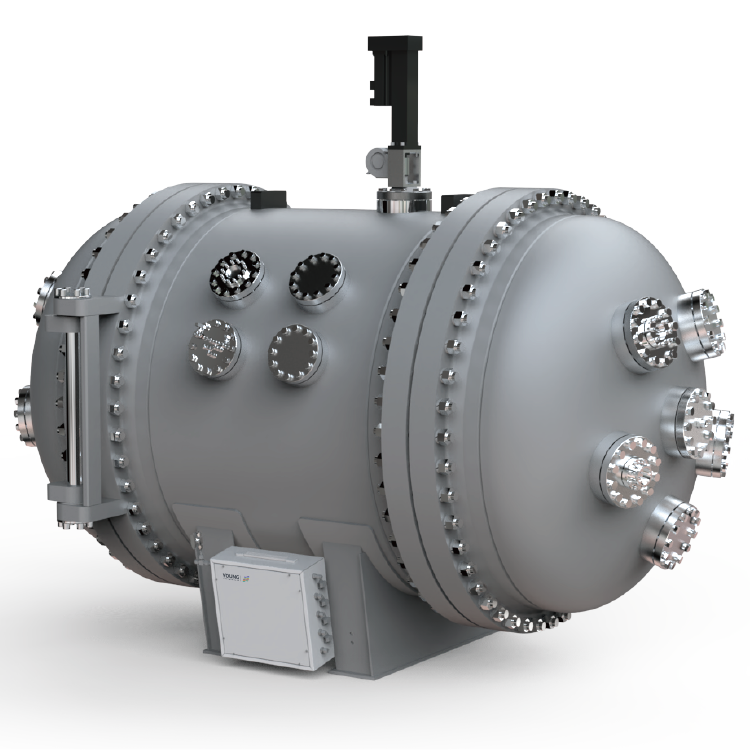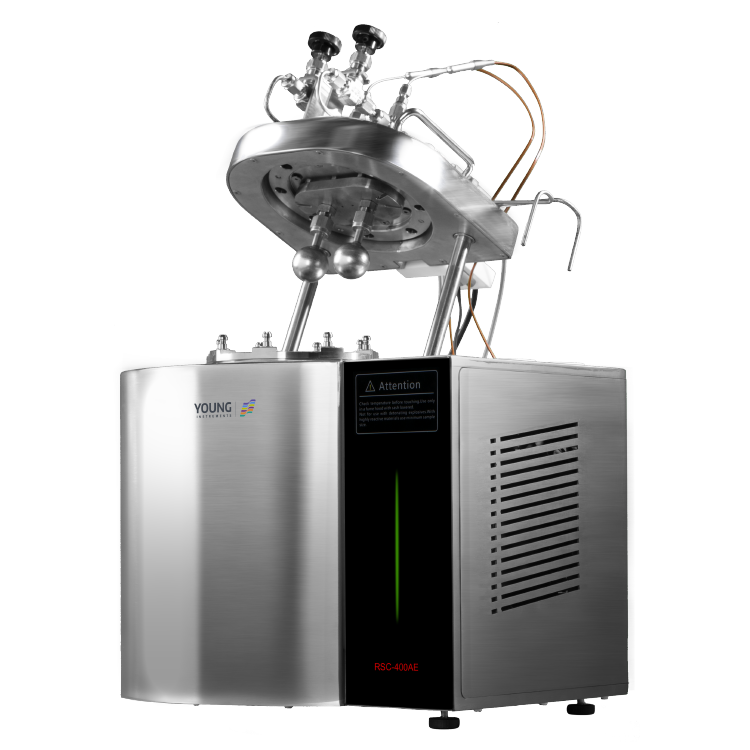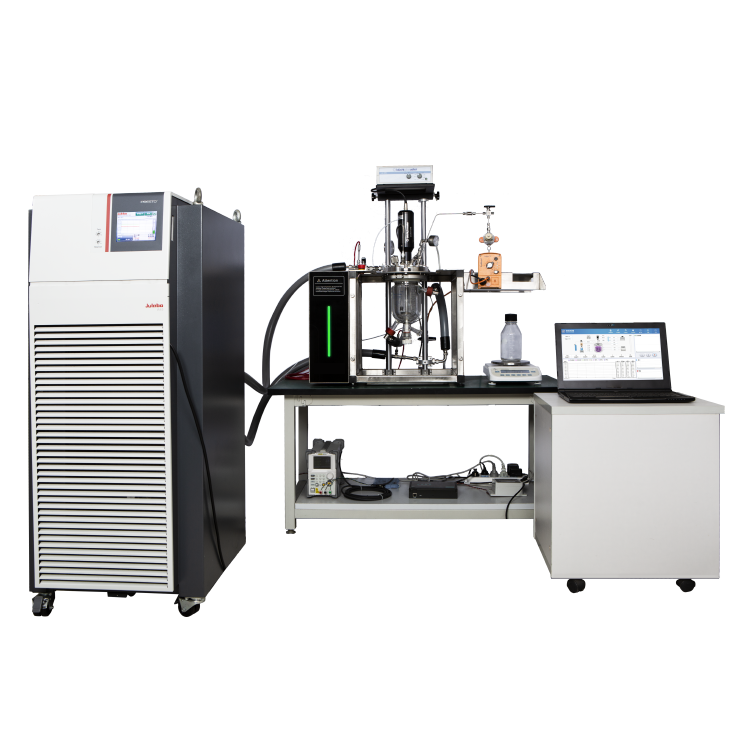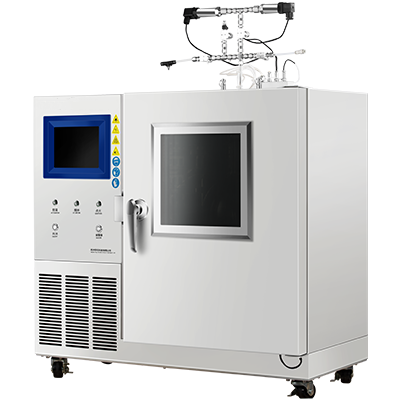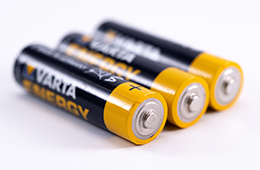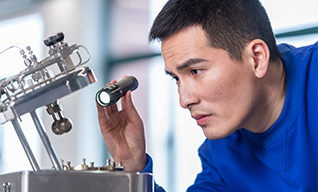Thermal Conductivity Tester: Meet the Device That Measures Warmth with Precision
Heat moves through different materials at different speeds. But why is this important? In many industries, knowing how fast heat travels can help in many ways. For example, in construction, good insulation keeps buildings warm in winter and cool in summer. In electronics, devices can overheat if heat is not managed well. Scientists also study heat transfer to improve technology and materials.
Measuring thermal conductivity helps solve real problems. It allows engineers to design better products. It also helps researchers understand materials better. Without this knowledge, many everyday objects would not work well. From simple home insulation to advanced space technology, heat transfer plays a big role.
So, how do we measure thermal conductivity? What factors affect it? Understanding this can help improve many areas of life. Let’s explore more.
What Is a Thermal Conductivity Tester?
Definition and Main Function
A thermal conductivity tester is a tool that measures how well a material conducts heat. It is also called a thermal conductivity meter. This device gives important data about how heat moves through materials. Scientists and engineers use it to study different materials under controlled conditions.
When choosing a thermal conductivity tester, it is important to consider the sample type and properties. The material’s state, thickness, and texture affect the test. The required temperature range is also a key factor. Different testing methods work better for different materials. Some devices are designed for solid materials, while others work with liquids or gases.
Testing Standards
Thermal conductivity testing follows certain international standards. These standards make sure the results are accurate and reliable. Some well-known standards are ASTM and ISO. They provide rules for testing methods and procedures. Companies and laboratories follow these guidelines to compare test results.
Zeal Instruments‘ Thermal Conductivity Testers
Zeal Instruments makes different types of thermal conductivity testers. These testers help industries measure heat transfer in materials. Some industries include lithium battery production, construction, and insulation materials. Zeal Instruments provides solutions for different testing needs. If you need more details, you can contact them for product examples and pricing.
Zeal Instruments‘ Advanced Features and Technology
- Heat Flow Meter – HFM 510A
The HFM 510A follows GB/T 10295, ASTM C518, and ISO 8301 standards. It tests materials with low thermal conductivity. Some examples are polystyrene, foam glass, aerogel, concrete, and gypsum. This tool helps industries test insulation materials for better heat control.
- 3D Thermal Properties Analyzer – TCA 3DP-160
The TCA 3DP-160 uses thermal imaging and 3D data analysis. It measures thermal conductivity and diffusivity in complex materials. This device is useful for multi-layered and non-uniform materials. It tests well with lithium-ion battery packs, which have different heat flow properties.
- Dual-State Thermal Parameter Tester – TCA 2SC-080
The TCA 2SC-080 uses infrared technology to measure heat transfer. It tests without damaging the samples. This method is useful for studying batteries and other delicate materials. It helps companies check internal thermal resistance without damaging the product.
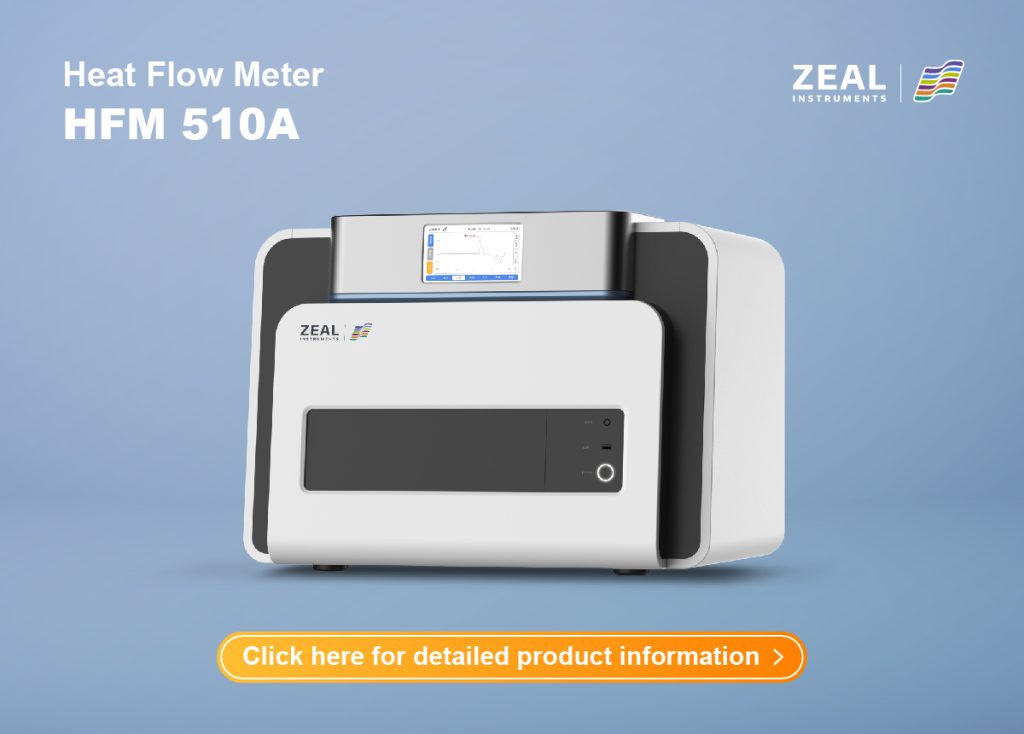
HFM 510A: Advanced Thermal Conductivity Tester
Effortless Automation for Precision
The HFM 510A automates key testing functions such as heating plate adjustment, load force testing, thickness measurement, and temperature control. This automation, along with an automatic furnace door, reduces manual effort and ensures consistent, accurate results with minimal user intervention.
Superior Cooling & Drying System
Equipped with an external oil bath cooling system and nitrogen gas purging, the HFM 510A efficiently cools and dries samples, ensuring stability across various testing conditions. The device operates across a broad temperature range from -30°C to 90°C, offering reliability for diverse environments and sample types.
User-Friendly Software and Connectivity
The HFM 510A features flexible software that supports offline testing, user logins, and historical data tracking. With real-time monitoring and automatic test report generation, users can easily manage and export data. The high-definition touchscreen and sleek design ensure ease of use, and external device connections further enhance functionality.
Key Benefits
- Wide operating range for diverse testing environments
- Accurate measurements with dual heat flow sensors and independent plate controls
- Fully automated process for fast testing and data reporting
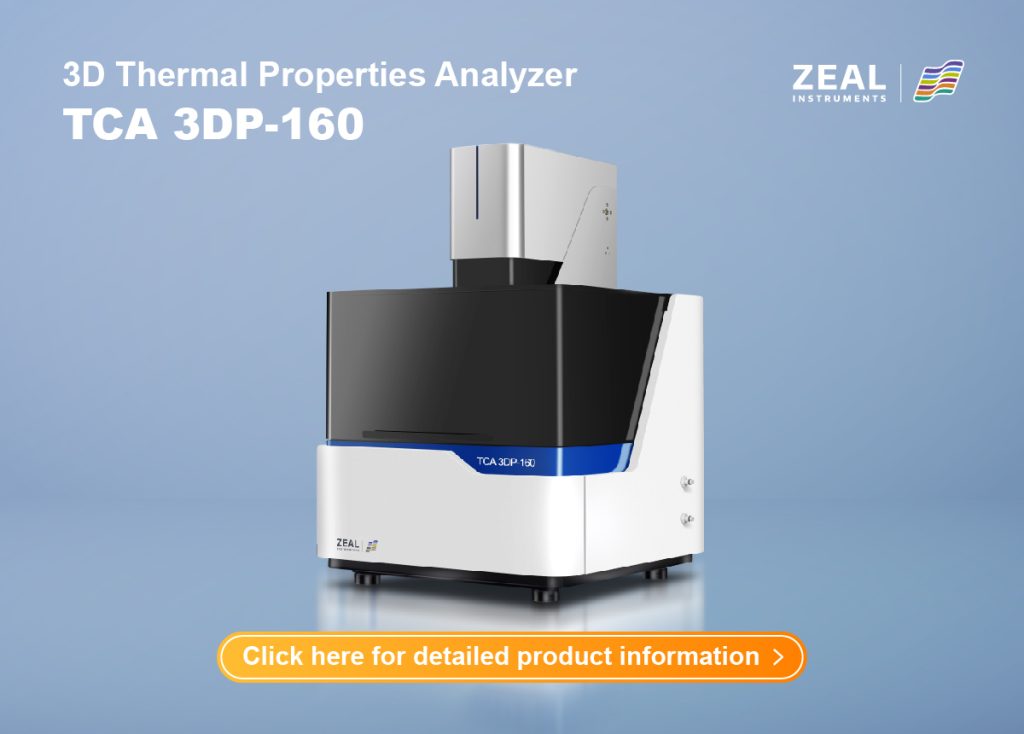
TCA 3DP-160: Advanced Thermal Conductivity Tester
Versatile Testing for Diverse Samples
The TCA 3DP-160 accommodates various sample sizes, including both homogeneous and heterogeneous materials with different surface hardness, roughness, and porosity. Its non-destructive testing method ensures accurate measurement of thermal conductivity, especially for multi-layer thin films.
Precision Temperature Control for Reliable Results
The device offers uniform temperature distribution across six cold plates, controlled by a high-precision oil bath. The temperature range from 0°C to 60°C with 0.03°C stability ensures consistent performance. The system’s non-contact measurement process minimizes interference and enhances result reliability by adjusting for surface heat dissipation.
Automated and User-Friendly Operation
With a fully automated testing process, the TCA 3DP-160 allows users to initiate and complete tests with just one click. The color graphics display provides real-time data, predictions, and error information for easy validation. Historical data is automatically saved for future review, ensuring a seamless user experience.
Key Benefits
- Fast testing with results in under 10 minutes
- High accuracy with repeatability of less than 3%
- Simple, one-click operation for efficient testing
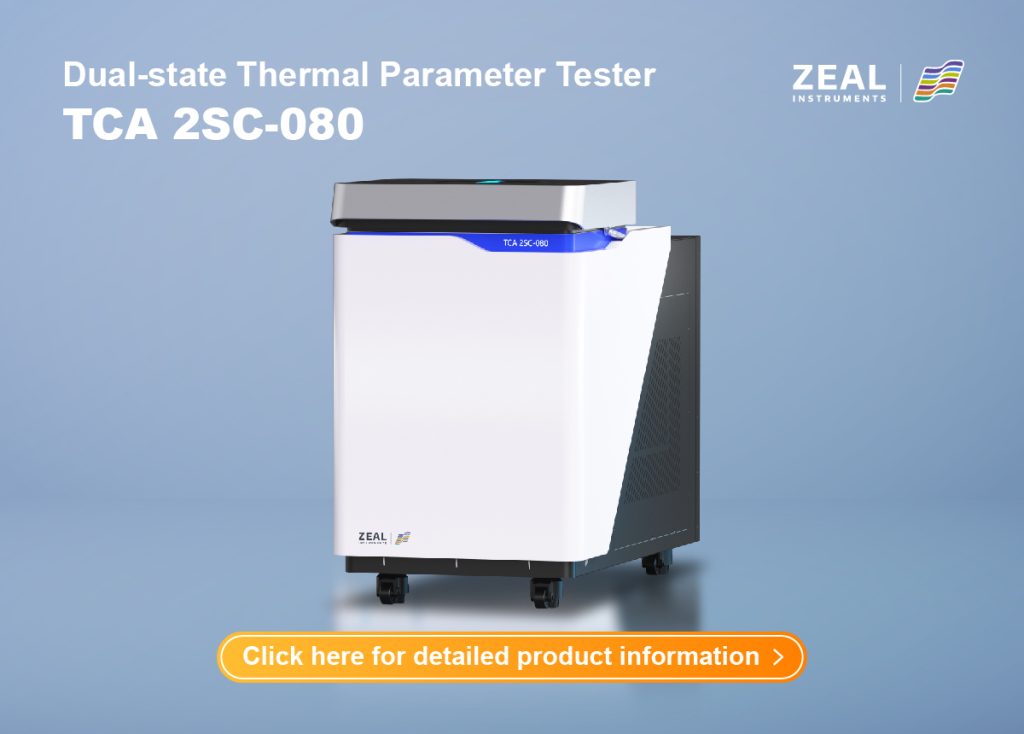
TCA 2SC-080: Advanced Thermal Parameter Tester
Precise, Non-Destructive Testing
The TCA 2SC-080 offers non-destructive, in-situ measurement of thermal conductivity, making it ideal for battery samples. It accommodates various sample sizes and requires minimal surface flatness for accurate results. The device automatically adjusts experimental parameters based on the sample, ensuring reliable performance throughout the test.
Efficient, Automated Operation
With easy-to-use automation, the TCA 2SC-080 starts and completes tests with minimal user input. It includes adjustable cold plate temperature and flow rate, ensuring uniform temperature control and accurate measurements. The device operates within a temperature range of 0°C to 80°C, offering stability and precision for various sample types.
Key Benefits
- Fast testing with results in under 15 minutes
- Accurate measurements with less than 8% repeatability
- Fully automated operation for ease and efficiency
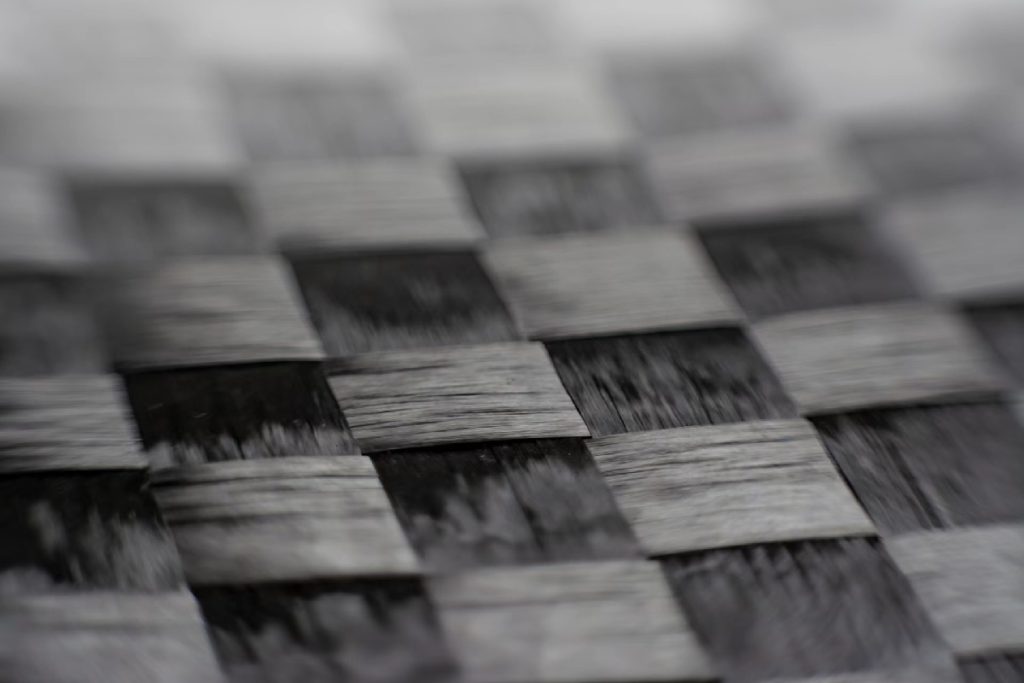
Applications
Enhancing Insulation Efficiency in Buildings
Thermal conductivity testers play a key role in building construction. They help measure how well insulation materials prevent heat flow. This is important for keeping buildings comfortable. The results from these tests allow builders to choose the best materials. Good insulation reduces energy use and lowers heating and cooling costs.
Testing Electronic Components for Heat Resistance
Thermal conductivity testers are used to test electronic components. These components generate heat during operation. It is important to know how much heat they can handle. With accurate measurements, manufacturers can improve the design of electronic devices. This ensures that devices will work properly without overheating.
Use in Scientific Research and Material Innovation
Researchers use thermal conductivity testers in their work. They study how materials behave under different conditions. By measuring heat flow, scientists learn more about a material’s properties. This helps with material innovation. New materials can be developed for various applications, including electronics and construction.
The Competitive Edge: Why These Testers Stand Out
How It Improves Accuracy Compared to Traditional Methods
Thermal conductivity testers offer more accurate results than older methods. Traditional testing often involves manual measurements, which can lead to errors. In contrast, automated testers reduce human error. This makes the results more reliable and consistent. The high precision of these devices ensures that tests are more accurate.
Cost-Effectiveness and Ease of Use
These testers are cost-effective. They reduce the need for complex setups or additional equipment. The devices are also easy to use. Most thermal conductivity testers are fully automated. This makes them suitable for a wide range of users. They are not just for experts but also for those who need fast and simple testing.
Boost Your Testing Efficiency with Advanced Thermal Conductivity Testers!
Enhance accuracy and save time with cutting-edge thermal conductivity testers. Ideal for construction, electronics, and research, these tools deliver reliable results. Upgrade your testing process today – find the perfect tester for your needs!








